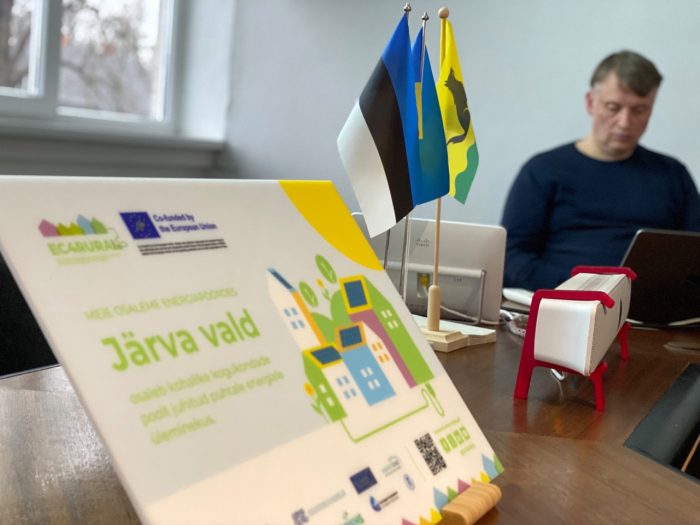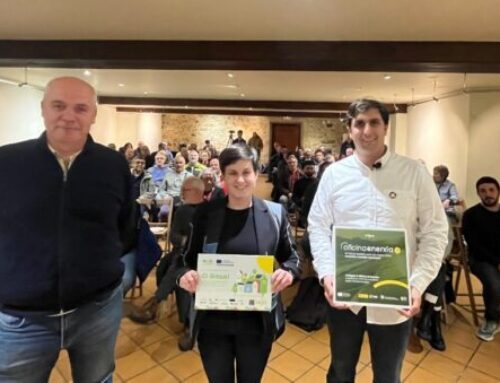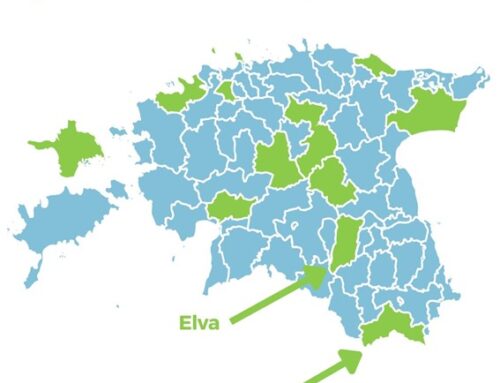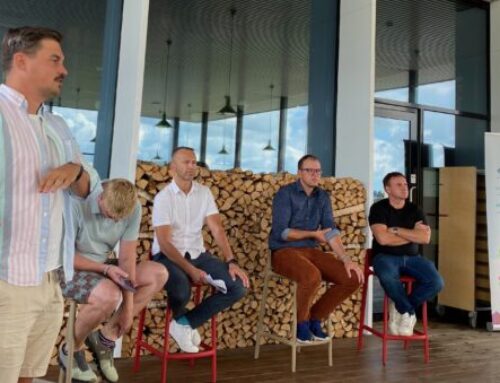EC4RURAL is moving towards the establishment of Local Energy Policy Councils (EPCs) in the Galician and Estonian municipalities. Since the start of the project, a total of 23 launch seminars have been organised in the pilot municipalities, presenting the EC4RURAL project, explaining what Rural Energy Communities (RECs) are and the benefits they bring to citizens and the environment.
In Galicia, during the last two months of March and April, the technical team visited Vedra, Silleda, Vilasantar, O Valadouro, Avión, Tomiño, Becerreá, Monterroso and Ourol. Participation varied, with an average of 25 people attending, mainly citizens, SMEs and RDGs (Rural Development Groups).
In all the municipalities, the town councils have expressed their willingness to participate in EC4RURAL, to collaborate in the creation of energy communities, and also to open up the possibility of allocating the roofs of public spaces for photovoltaic installations.
The conclusions of the seminars vary according to the previous experience of each municipality with renewable energies, but it should be noted that there are cases with a high level of training in renewable energies, as well as a great desire to learn and promote the change of model. In May, the workshops will continue in Galicia, in the municipalities of Mazaricos and Sober, to make further progress towards a fair and sustainable transition.
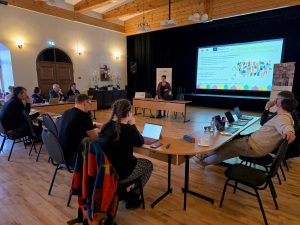
In the case of Estonia, the main task of the Estonian partners in the last two months has also been to raise awareness about the EC4RURAL project and the Energy Communities. In total, they organised 12 kick-off seminars in the 12 pilot municipalities with an average of ten participants each. The aim of these meetings was to involve key people and opinion leaders in each region to form the Energy Councils and to support the project by promoting it to citizens.
Municipalities often have very different experiences with renewable energy, but the motivation to learn more was quite high. One of the most common comments is that there is still no specific legislation to encourage user participation, and this is a challenge when planning rural energy communities.

